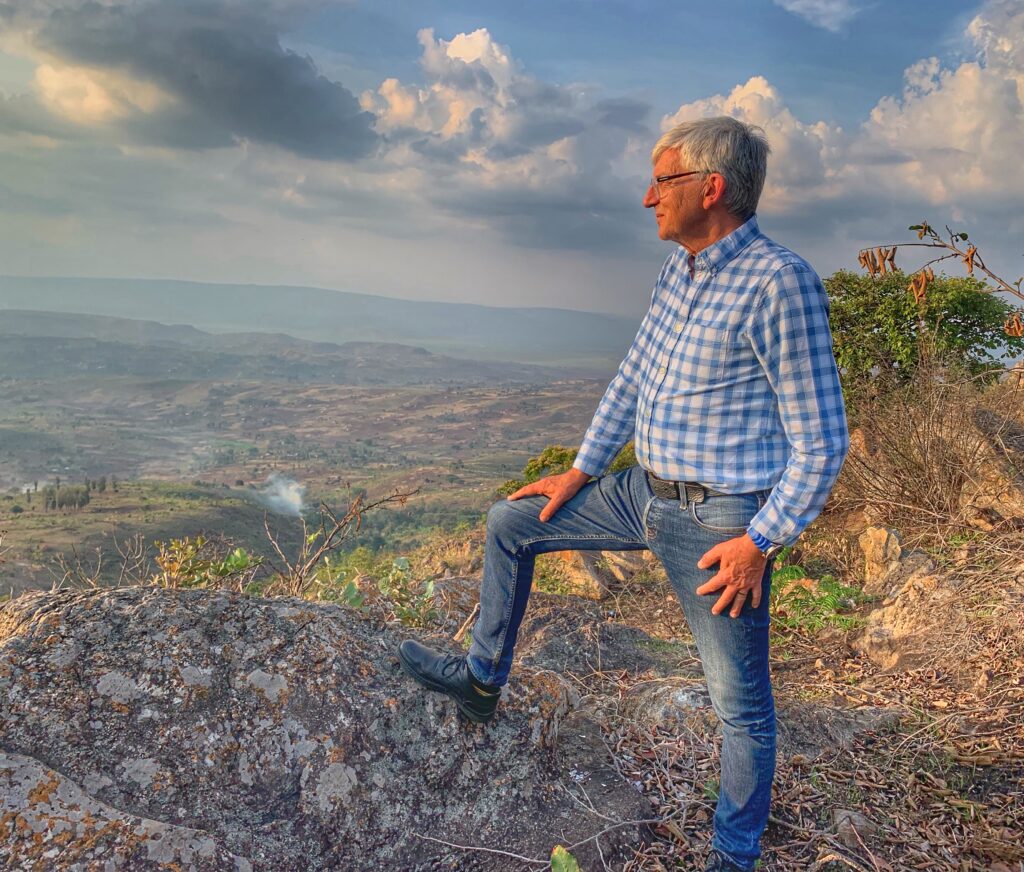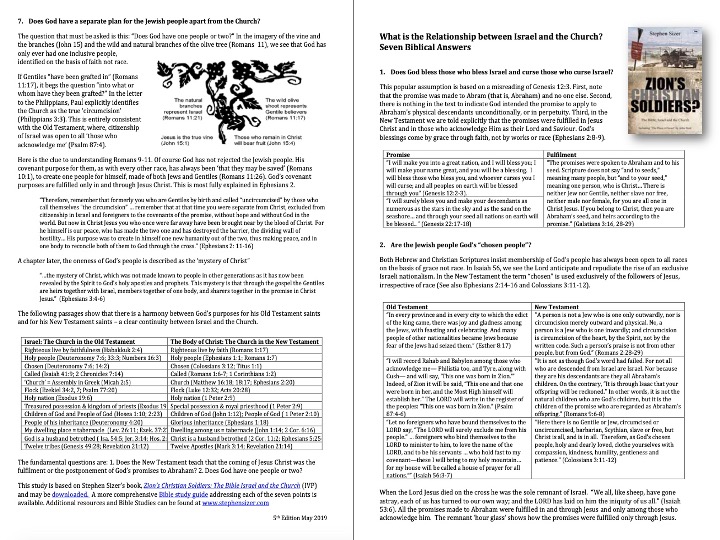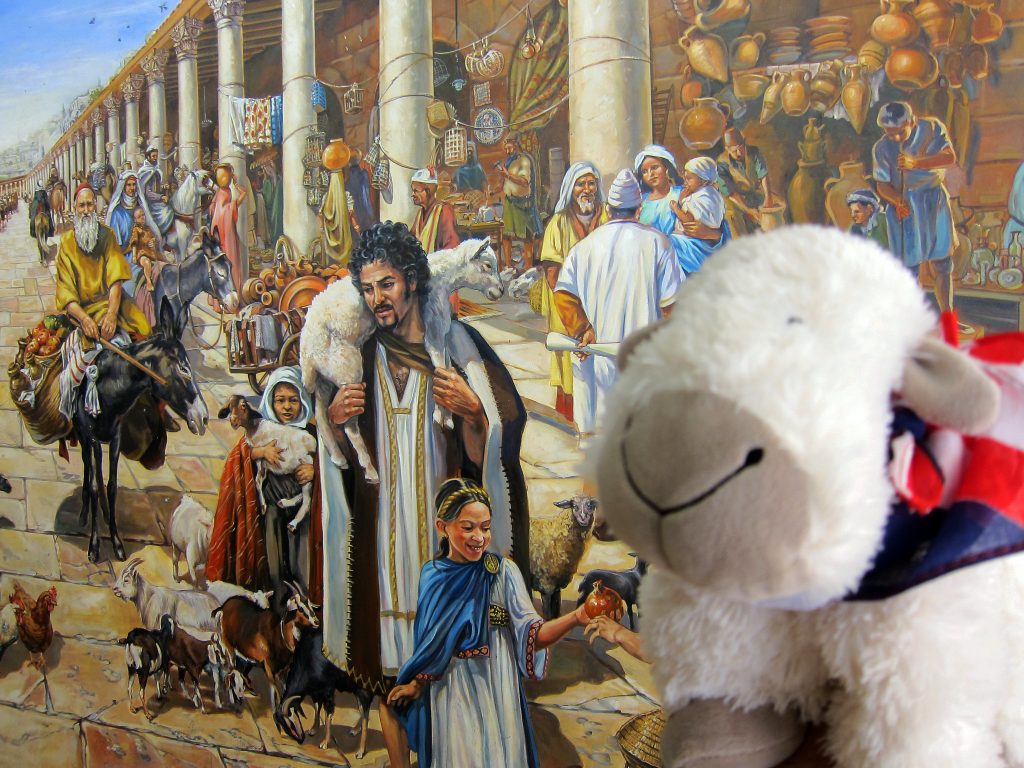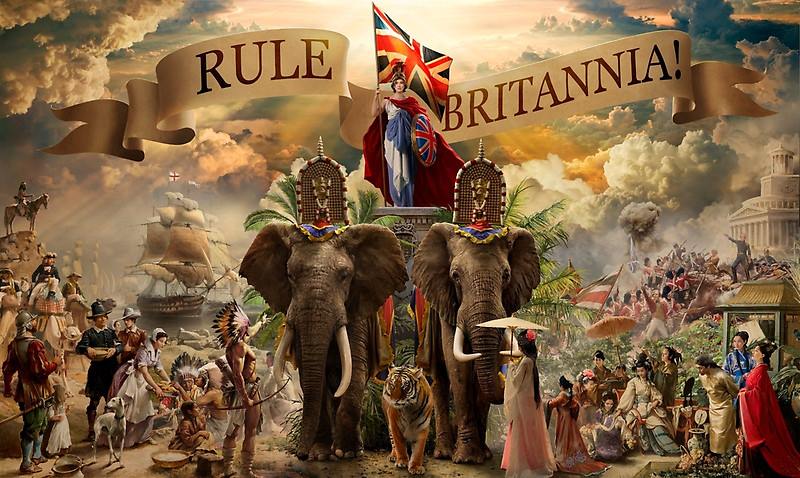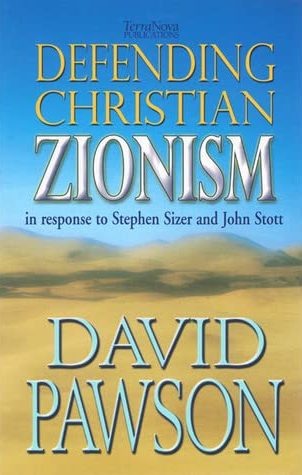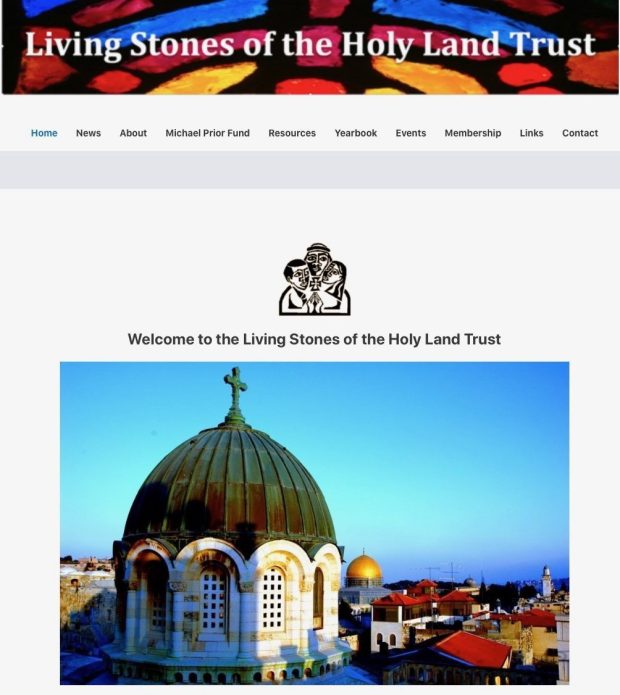
Thomas Jefferson once asked the rhetorical question:
“Can the liberties of a nation be thought secure when we have removed their only firm basis, a conviction in the minds of the people that these liberties are of the gift of God? That they are not to be violated but with his wrath?”
In the 18th Century, on both sides of the Atlantic, there would likely have been a consensus that the answer was self-evident – our civic responsibility is but the outworking of our higher responsibilities to God. When the same revolutionary spirit infected the North American Colonies as it had France, it became a more debatable question there also. The First Amendment to the United States Constitution, which Jefferson helped write, provided one solution – separate church and state. Originally this was intended to protect the church from the state. But since 1947, the U.S. Supreme Court has interpreted it to mean that religion and government must stay separate for the benefit of both. Not so today. In an increasingly secularized world, most Americans and Europeans believe the Church should keep out of politics.
It is appropriate then to ask the question, what has religion got to do with politics? I suggest a great deal. From a Christian perspective, that we have responsibilities to both God and the state is clearly implied in Jesus’ enigmatic epigram, ‘Give back to Caesar what is Caesar’s and to God what is God’s.’ (Matthew 22:21). The religious leaders had tried to expose Jesus as either a collaborator with or rebel against the Roman Empire. Here is the context:

